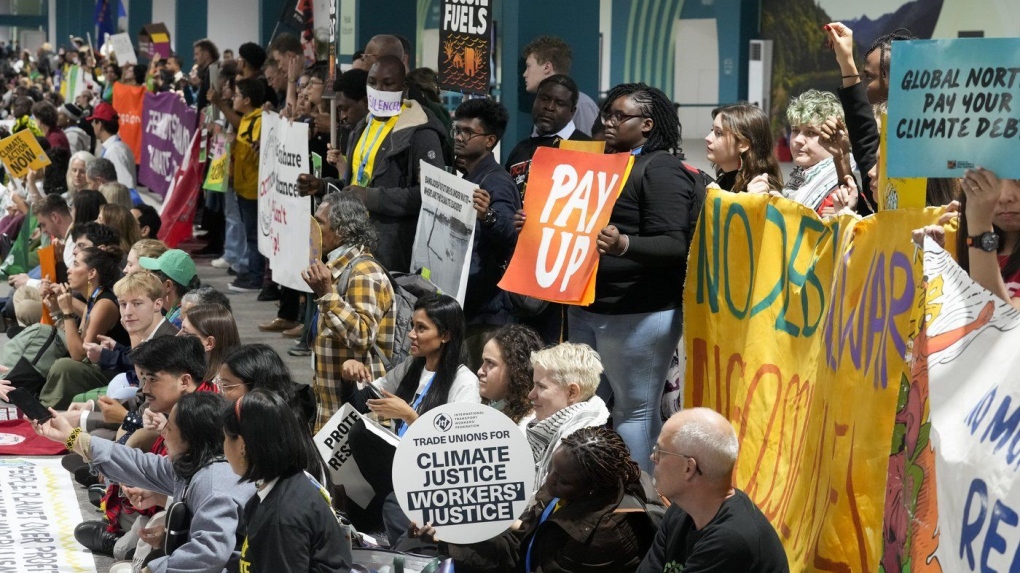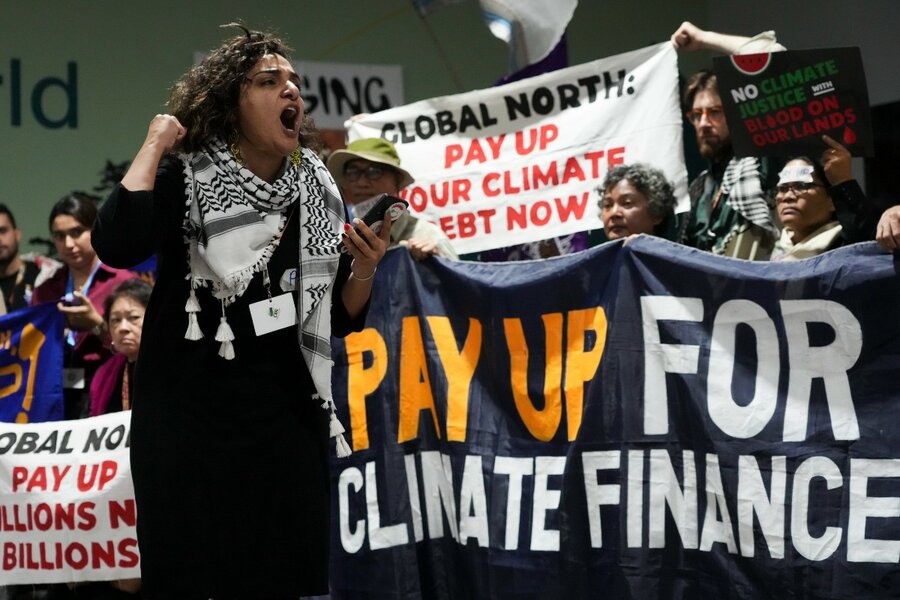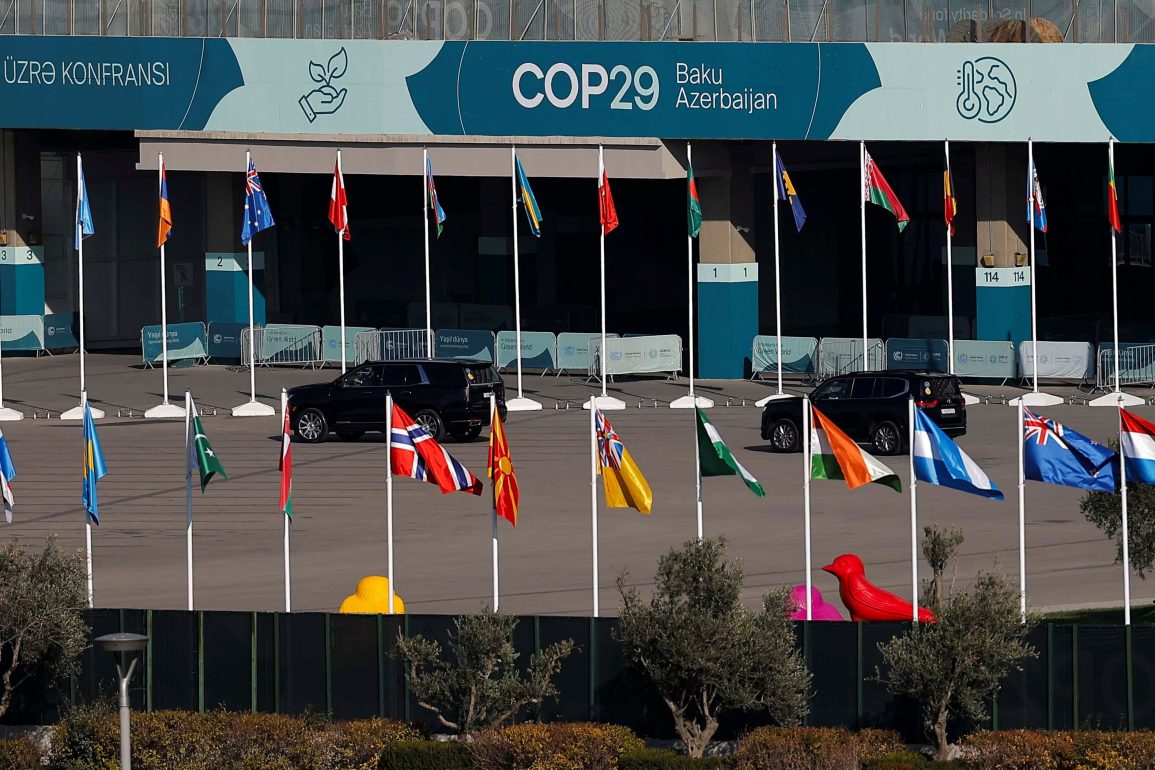As dawn broke over Baku, Azerbaijan, the city prepared to host COP29, a pivotal climate summit involving nearly 200 nations. The vibrant sunrise over the Caspian Sea contrasted starkly with the mood of attendees, who were overshadowed by global uncertainties, including Donald Trump’s recent election victory and his vow to dismantle U.S. climate policies. Baku, a city built on oil wealth, symbolized the contradictions of the climate crisis, where hopes for progress clashed with the legacy of fossil fuel reliance.
These annual United Nations climate conferences have been the world’s primary tool to address climate change for over three decades. The Paris Agreement of 2015, which united nations in a commitment to limit global warming, is a testament to their achievements. However, emissions have continued to rise, and the impacts of climate change, from extreme weather to rising seas, are worsening. This year’s summit, marked by stalled negotiations and deep divisions, highlighted the growing skepticism surrounding these talks.
In Baku, negotiators managed to agree on a $300 billion annual climate finance pledge by 2035 to support poorer nations. Yet, this sum was criticized as insufficient, with some countries expressing outrage at the outcome. Powerful nations like Saudi Arabia, leveraging the consensus-based decision-making system, blocked discussions on crucial issues such as emission reductions. The process, designed to ensure universal agreement, often leads to diluted outcomes, frustrating vulnerable nations who see their survival at stake.

Representatives from countries like Samoa voiced their despair at the disconnect between diplomatic negotiations and the urgent realities on the ground. For these nations, rising seas and extreme weather pose existential threats. Despite decades of participation in climate talks, they find themselves grappling with unfulfilled promises, leaving them to question whether these summits can truly deliver the action they desperately need.
The influence of fossil fuel interests was evident at COP29. With the conference hosted in an oil-rich nation, and fossil fuel lobbyists present in large numbers, criticisms of conflict of interest surfaced. Proposals to exclude these industries from the talks sparked heated debate, with detractors warning that sidelining them could further polarize the process. This tension reflects the broader challenge of reconciling the goals of climate diplomacy with the entrenched interests of powerful industries.
As faith in the U.N. climate framework wavers, alternative approaches are gaining attention. Some argue that private sector innovation and geopolitical competition, such as U.S. and Chinese investments in clean energy technologies, are more effective drivers of change. However, coordinating these efforts within a global strategy remains complex, and the role of the U.N. in fostering cooperation is still crucial. The expansion of climate finance and increased net-zero commitments demonstrate the importance of collective action, even if progress remains slow.

Despite its flaws, the COP process continues to achieve incremental progress. However, global emissions are still rising, and the world is far from meeting the 1.5-degree warming limit set by the Paris Agreement. As the impacts of climate change intensify, the inadequacies of the current system become harder to ignore. Many participants question whether the U.N. summits can overcome political and economic divisions to deliver the transformative change required.
Next year’s summit in Brazil will test whether nations can set more ambitious climate targets. Under the Paris Agreement, countries must revise their commitments, but political and economic realities suggest that significant progress will be difficult. The specter of Trump’s policies, coupled with the influence of oil-rich nations, raises concerns about whether the process can adapt to meet the scale of the challenge. For now, the COP framework remains the central stage for global climate negotiations, even as its limitations grow more apparent.
For many long-time participants, these summits are as much a reflection of humanity’s broader challenges as they are a tool for progress. The recurring frustrations and incremental achievements mirror the complexities of addressing a crisis that touches every aspect of society. The process itself is not inherently flawed, but it reveals the difficulties of aligning diverse interests in the face of an urgent, shared threat.
Ultimately, the U.N. climate talks serve as a mirror, revealing humanity’s successes and failures in confronting one of its greatest challenges. The road ahead will demand not just technical solutions but profound shifts in political will and societal priorities. While the COP process continues to bring hope and determination to the table, expecting it to solve the crisis alone risks inevitable disappointment. True progress will require action beyond the conference halls, driven by a collective commitment to the planet’s future.

